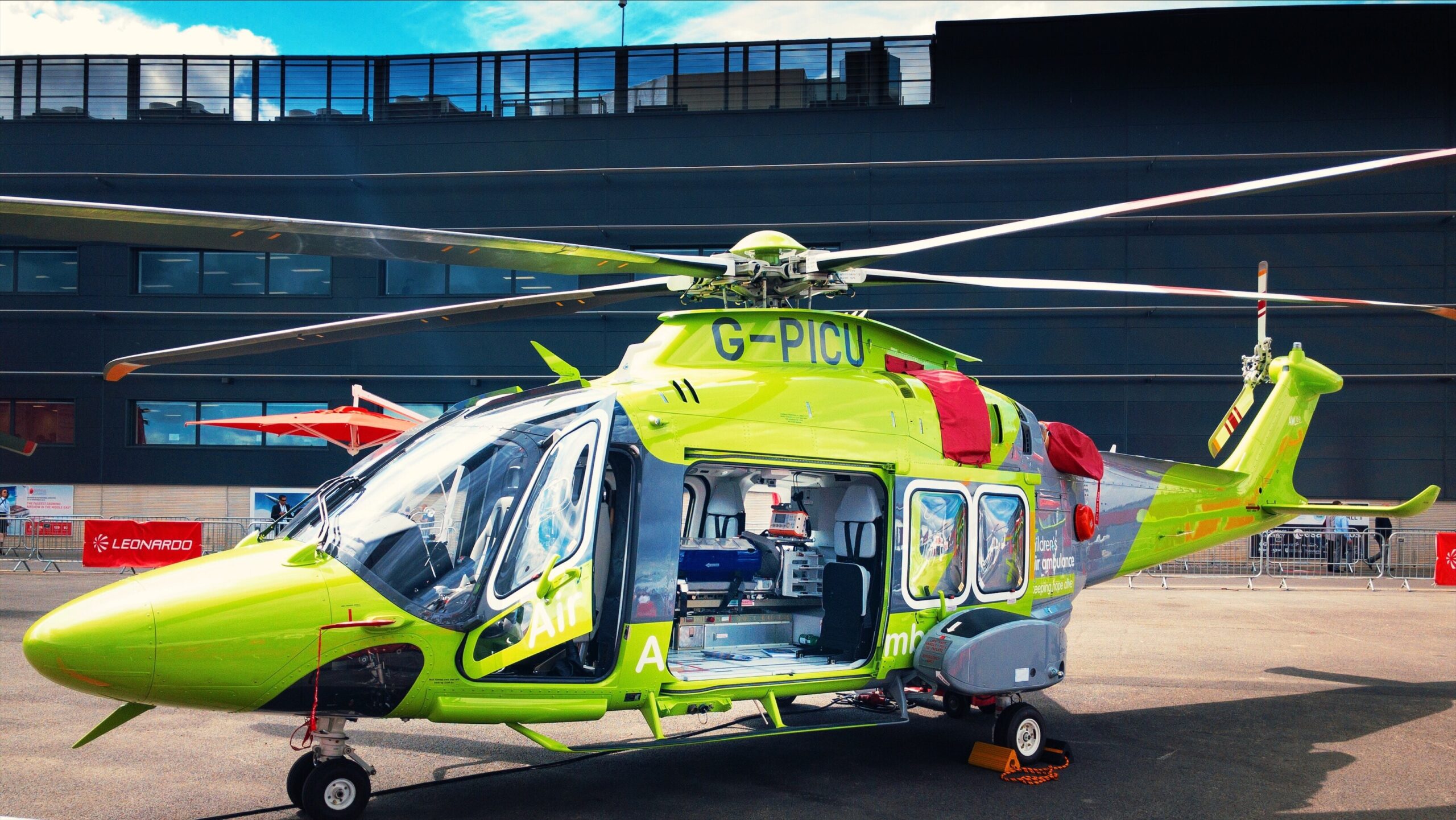The role of a flight paramedic is both a privilege and a profound responsibility. As we soar through the skies to reach the scene of an accident or provide essential care in rural hospitals with limited resources, we bring cutting-edge technology and life-saving skills to those in need. But behind the privilege of this vital role, there is a heavy burden that flight paramedics, nurses, doctors, and pilots carry with them every day.
When we land at the scene of an accident, it’s not uncommon for those at the scene to see us as knights in shining armor, the heroes who will swoop in to save the day and, ultimately, the patient’s life. However, the reality is that this perception does not always align with the outcomes we can achieve. Despite the incredible advancements in pre-hospital technology and the multi-million-dollar machines we operate, we cannot save everyone. This fact is a heavy emotional burden for many of us in the profession.
The weight of losing a patient, regardless of the circumstances, plays heavily on the minds of paramedics, nurses, doctors, and pilots who crew these amazing flying machines. The “what-ifs” and the constant pursuit of perfection can lead to emotional and mental exhaustion. It’s essential to recognize that, despite our best efforts, there are situations beyond our control.
I believe it’s crucial for operators of air ambulance services to ensure that there is a robust support system in place for their crews. This support system should encompass not only the physical aspects of the job but also the emotional and mental well-being of the personnel. Encouraging an environment where “it’s okay not to be okay” is vital. Our dedication to saving lives should not come at the cost of our own well-being.
As professionals committed to making a difference in the lives of others, we must recognize that we, too, are human. It’s natural to grieve the loss of a patient and to question whether more could have been done. It’s important to foster an atmosphere of understanding, compassion, and empathy among our peers and within our organizations. This can help alleviate the emotional stress that accompanies our line of work and ensure that we remain mentally and emotionally resilient.
In addition to offering support and encouragement, it’s also imperative that air ambulance operators provide resources for mental health and well-being. This may include counseling services, debriefing sessions after particularly challenging missions, and training in coping strategies for dealing with loss and high-stress situations. By doing so, they demonstrate their commitment to the welfare of the individuals who have dedicated their lives to saving others.
As flight paramedics, we are privileged to be able to provide our expertise and cutting-edge technology at critical moments. However, this privilege comes with immense responsibility, both to our patients and to ourselves. Let us continue to strive for excellence in our profession while also recognizing that it’s okay to seek help and support when needed. Together, we can ensure that our heroes on the front lines of healthcare are looked after, emotionally, and mentally resilient, so they can continue their life-saving work.




